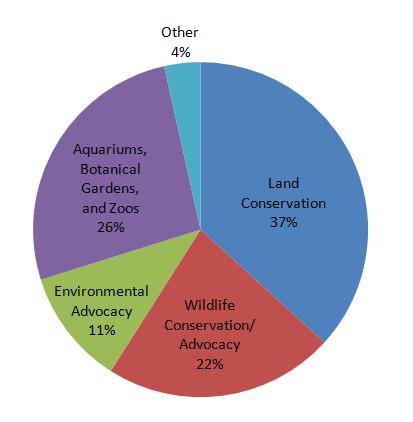Revkin, Values, and Data
June 8th, 2009Posted by: admin
Andy Revkin over at his New York Times blog posted last week about the role of values in debates over climate change. While his ultimate point, that values play a factor even in debates over data, is nothing new here, the lead and title of the post support some old and inaccurate conceptions about the roles values can play in debates that involve scientific data.
Titling a post “Values vs. Data in Environmental Care” is misleading in that it suggests that data comes from a value-free position. The choice of data, methodology and other factors of experimental design are made for reasons that – intentionally or not – support particular values. By asserting data to be value free, you allow the values to sneak in.
The linkage of the discussion to explicitly religious values, while allowing for a good hook to the story, also supports a common assumption that when speaking of values you are speaking of religious values. That is unnecessarily narrow, and likely inflammatory, if the attempts at discussions over evolution might suggest.
I don’t think Revkin subscribes to these faulty premises. But I see this kind of thinking all too often not to call it out in places I don’t expect to see it.
 James “Gus” Speth just published an article in
James “Gus” Speth just published an article in 
